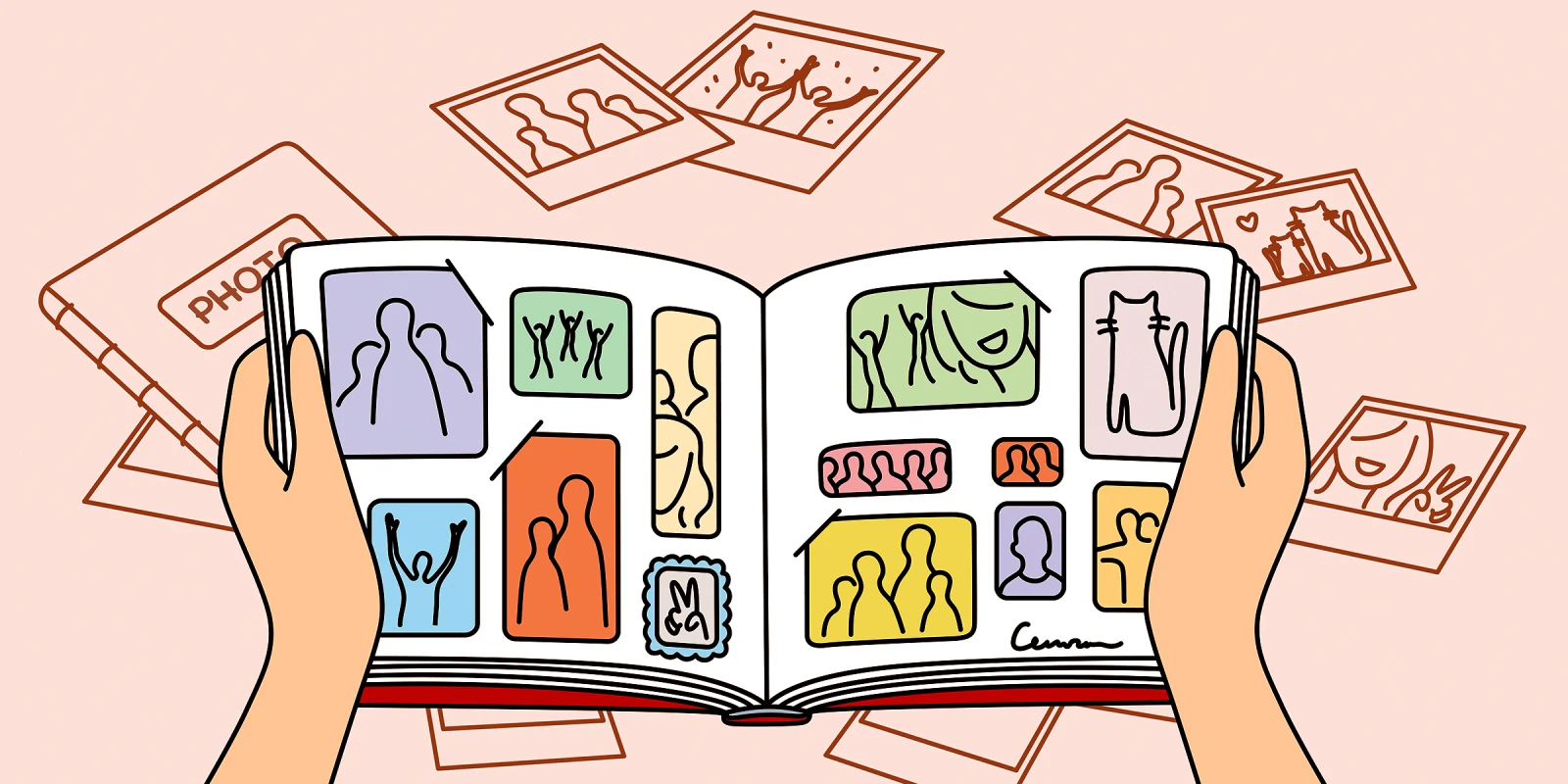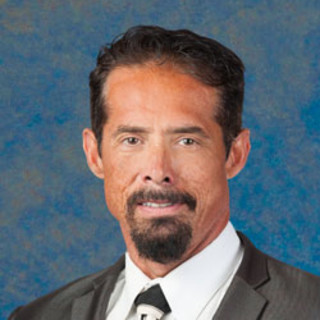Throughout my professional journey, I’ve received guidance from prominent figures in the personal success industry, including Anthony Robbins, Deepak Chopra, and Robin Sharma. While I have learned much from these experts, their lessons pale compared to those from my kids.
Having children changes a person’s perspective on life irrevocably. We get to experience vicariously what it is like to know the world for the first time. We develop a profound sense of responsibility for the welfare and importance of these tiny humans that can translate into how we view other individuals. No one is as important to you as your kids, and it can be challenging to comprehend how vital anyone is until you've known the feeling of having children.
Having children requires a person to learn specific communication skills. Children cannot articulate their symptoms to you for the first few years of their lives. You must learn to read their body language and responses to determine where it hurts and what emotions they are experiencing. Such skills can be invaluable in the clinic, where many patients struggle to articulate or are unwilling to share such details with their doctor. I was amazed to see the previously mystifying behavior of certain patients become decipherable after spending a few years shepherding a toddler through unspoken hunger and tummy aches.
Learning to communicate as a parent improved my communication skills with my patients immensely. With children, there is no reasonable expectation that they know what to expect of you or that they should clearly articulate their feelings without being prompted. A skill develops, then, in gently handling another human being, warning them, obtaining their consent, and listening to their concerns. While it might be ideal and possible for some people to develop these skills outside of parenthood, for most of us, parenthood is the first time in our lives that that much patience and sensitivity is required.
Parenthood is a 24/7 crash course in the attitude and skills that a perfect society would teach us all as young adults but that our current society unfortunately does not.
In addition, my children have changed the way I see and treat myself.
When we receive medical training in med school, we are not taught to value self-care. While the system has improved since some of us older doctors were in training, many still argue that the “resiliency modules” mandated by many medical schools today do not meaningfully improve self-care, as adding more items to a medical student’s to-do list is unlikely to result in an actual, meaningful increase in healthy eating, sleeping, or exercise.
Having children is another story. When I had a cardiac scare in my 40s, front and center in my mind was this: Would I be there to see my children finish growing up? What would they do without me? I could not abandon them. And so, I could not die.
The same responsibility must apply, in a less intense way, to our patients. We cannot serve our patients optimally or care for them if we are ill, chronically sleep-deprived, or deceased. We must take the maintenance of our bodies as the vehicles of our lives quite seriously, with a deliberateness about the daily hands-on practicalities that few young doctors display. Whatever we may be taught in medical school about having to perform an impossible number of tasks to be good doctors, we certainly cannot be good doctors if we’re dead.
On top of this, children and patients can both motivate us in another way. Children and adults alike learn from our examples, not our lectures. They are far more likely to do as we do than as we tell them to do. For this reason, self-care becomes necessary to ensure that our children, or our patients, practice good self-care of their own. Lecturing them about eating healthy while surviving on coffee and donuts does not work.
As a health care professional, I understand the fear and uncertainty of medical decisions, especially when it involves one’s children. I remember signing a consent form for my youngest child's outpatient surgery and feeling overwhelmed by all the potential risks. It made me realize the importance of discussing any medical procedure thoroughly with my patients and addressing any concerns.
I also take it upon myself to remember that every patient is someone's child. It is fair to say that you care about your children’s health in a way you are unlikely to care about strangers automatically. When you are accustomed to caring for a tiny human who is deeply important to you, the way you relate to those who are hurting or sick in general changes. For me, it is impossible to see a patient merely as an adult stranger; they are also someone’s child.
I must credit my children for helping me become a better doctor in all these ways. I have found that the incentive to develop emotional intelligence, sensitivity, and vigilance for caring for strangers was different after experiencing the daily life of a parent.
In sum, the heightened sense of empathy and the experience guiding young humans through their first experiences of life is invaluable to my medical practice. It has had a profound effect on my journey, leading me to delve into holistic health, regenerative medicine, and other healing modalities that were not, strictly speaking, on my med-school syllabus.
As my children have grown, they have taught me in new ways. Witnessing their journeys of struggle and triumph throughout their teen and adult years has given me a renewed appreciation for life and the power of the human spirit. I have broadened my horizons as a parent in ways I would never have if confined by my narrow views and expectations of life.
My children have been my most excellent teachers, and I will be forever grateful to them for allowing me to accompany them on their journeys through life.
What lessons have you learned from the children in your life? Share your stories in the comments!
Dr. Francisco Torres was born in Seville, Spain, and graduated cum laude from the University of Puerto Rico in 1982 with a degree in biology. He then attended the University of Puerto Rico School of Medicine and was awarded his medical degree in 1986. Dr. Torres performed his residency in physical medicine & rehabilitation at the VA Hospital in San Juan, Puerto Rico, before completing a musculoskeletal fellowship at Louisiana State University Medical Center in New Orleans. He went on to serve three years as Clinical Instructor of Medicine and Assistant Professor at LSU before joining Florida Spine Institute in 1993, and is the author of five books.
Image by Aleksei Morozov / Getty Images







